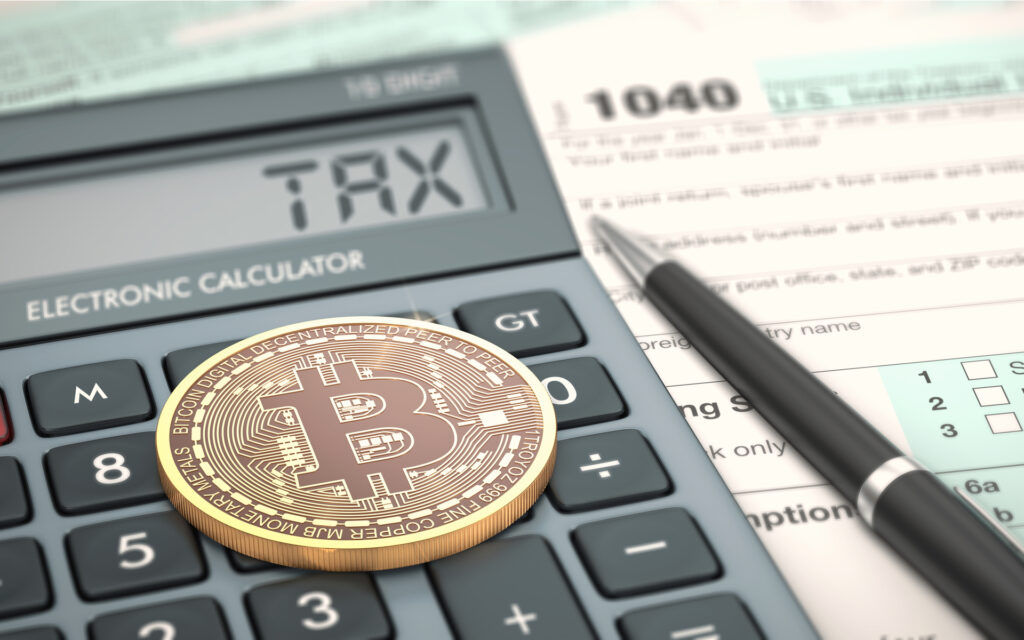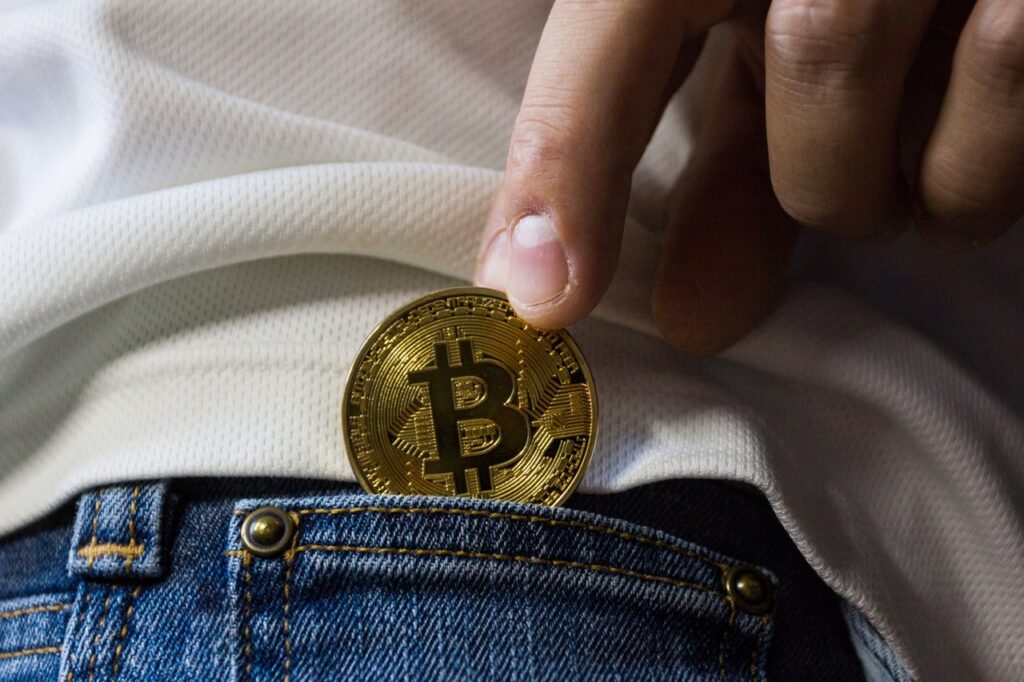Digital currencies have managed to change the world for a short period. That especially counts when we talk about the business world. Many companies started to accept crypto-based payments. In that way, they want to attract new customers and expand their business. On the other hand, many companies have also decided to develop their own crypto. That is an excellent way to improve their brand awareness among people.
Things are not different when we talk about India. As many people know, India is the second-largest country in the world. Because of that, all the worldwide trends are present in that country as well. Many citizens of India would gladly invest their money in cryptocurrencies, and try to ensure financial stability in that way.
It is not a secret that Bitcoin is the most popular digital currency in the country (and world). While you are reading this article, the value of one BTC is around 47 thousand dollars. Only three weeks ago, the price of one BTC was a bit more than 30 thousand dollars. Many insights confirm the same value-growing trend will continue in the future.
Bitcoin is slowly becoming widely accepted as a payment method in India among people. Websites like advfn.com clearly explained all the benefits that users can get from Bitcoin. However, the question is, what is happening with legal requirements?
Here comes a more confusing part of the story. The crypto laws in India are a bit specific, and it takes time to understand them. In this article, we will highlight some parts about crypto laws that people should know.
Table of Contents
Before Everything – Is Bitcoin Legal in India?
Bitcoin is not authorized as a medium of payment in India. However, on the other hand, it is not regulated either. The government of India still hasn’t declared a set of laws that will regulate the most popular digital currency in the world. However, people should also know that the government hasn’t banned Bitcoin.
Everything started in February 2019. The Supreme Court of India required the Government of India to design a set of laws that will regulate digital currencies in general. So far, things have not changed a lot.
It is not a secret that the concept of Bitcoin is relatively new for many countries across the world. That is the reason why slow law progress in India is not something unusual. Sooner or later, the law will be more precise, and people will manage to enjoy the cryptocurrencies to the fullest.
So, Do Bitcoin Taxes Exist in India?

Source: bitcoinist.com
The taxes do exist, but they are a bit specific as well. The type of tax that people need to pay depends on the way how they received an income. Things are not different when we talk about the Indian market. There are a couple of scenarios we would like to highlight here.
Taxes for Bitcoin Mining
When someone creates a Bitcoin in mining, the law recognizes that income as a self-generated capital asset. However, this time, we will have to highlight one small exception.
The costs of bitcoin acquisition are impossible to determine. Because of that, in India, the government simply can’t mark the Bitcoin mining income as a self-generated asset. Therefore, the tax on Bitcoin mining earnings still does not exist. The Indian government will try to add an amendment to their law that will regulate that type of money-earning. However, there is also an option that they won’t even consider BTC mining as a self-generated capital asset. They may start recognizing it as an income from other sources. In that case, things would be a lot different compared to the rest of the world.
Bitcoin Held as an Investment and Exchanged in National Currency

Source: pexels.com
Things are different when a Bitcoin investor plans to convert his earnings into traditional currencies. The entire procedure depends a lot on the length of the period someone was holding his Bitcoins. The appreciation in value would, in that case, be considered as short-term capital or long-term capital gain.
The percentages and numbers are, in this case, clear. The long-term gains come with a 20% tax. On the other hand, short-term capital gains do not have a fixed tax. They depend on the individual slab rate.
Bitcoin Held as Stock-In-Trade and Exchanged to National Currency
Bussines owners should focus on this part. There is a situation when people hold Bitcoin as stock-in-trade. After that, they desire to exchange bitcoins for their national currency and get their money. In that case, those businesses would become subject to tax. However, once again, the fixed tax does not exist here either. It depends on the individual slab rates, and they are all different from one case to another.
Bonus: Why Is Bitcoin Popular in India?

Source: pexels.com
After we explained the crypto laws in India, there is another thing we have to say. There is a good reason why Indian people are big supporters of digital currency. They understand the benefits digital currencies can bring to their lives. Despite that, businesses from different industries can also enjoy the same advantages.
First of all, the transactions are quick and safe. People must not forget that banks also have their working hours. Despite that, they do not work for the weekends, holidays, etc. When people make an international payment, they will need to wait for a couple of days to get their money. Bitcoin transactions end for a couple of minutes. With a couple of clicks, all the BTCs someone bought will be available to his crypto wallet.
Despite that, the fees are minimal. As we said, banks do not get involved in crypto transactions. Because of that, the fees do not exist when people use Bitcoins as a payment method. On the other hand, if they want to withdraw it from their credit card, the transaction costs are minimal.
Final Thought
The progress of Bitcoin popularity is visible in all parts of the world. There is a big chance many people in India will start using them as a payment method. Of course, we all hope digital currencies will get the regulations they deserve. When something like that happens, their popularity will additionally jump as well.

